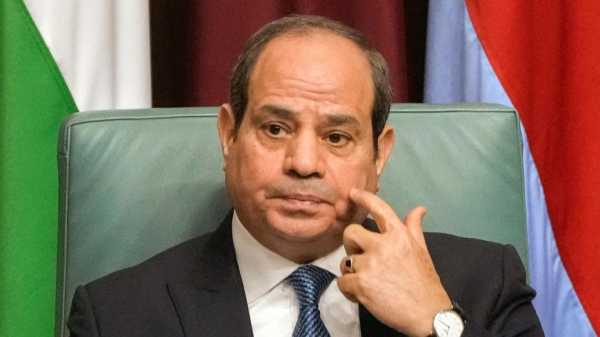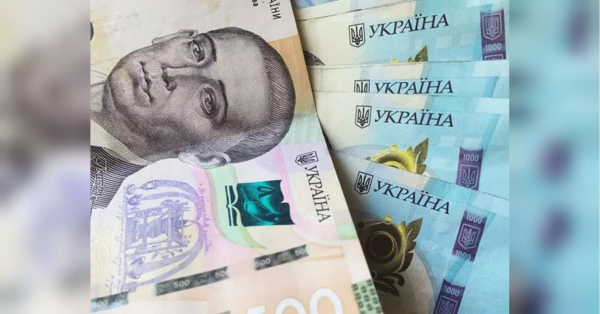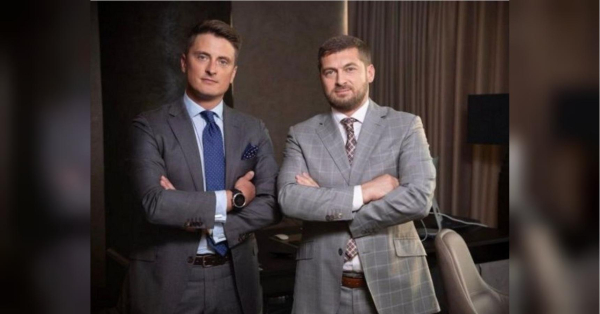
CAIRO — Leaders from Sudan’s six neighboring countries met in Cairo on Thursday for the most high-profile peace talks since conflict erupted across the northeastern African country in mid-April.
The meeting, hosted by Egyptian President Abdel Fattah el-Sissi, was attended by the leaders of Ethiopia, South Sudan, Chad, Eritrea, the Central African Republic and Libya.
Sudan has been rocked by violence since April 15, when tensions between the military and the paramilitary Rapid Support Forces burst into open fighting.
The conflict has killed more than 3,000 people and wounded more than 6,000 others, Health Minister Haitham Mohammed Ibrahim said last month. The actual death toll is likely much higher, doctors and activists say.
El-Sissi in his opening speech proposed a lasting cease-fire agreement, the establishment of safe humanitarian corridors and a dialogue framework that would include all of Sudan’s political parties and players.
The summit comes weeks after talks in the Saudi Arabian city of Jeddah broke down. Both sides repeatedly failed to stop fighting and violated cease-fire agreements. Those talks were brokered by Saudi Arabia and the United States.
Ethiopia's president said any new initiative must also work alongside other negotiations led by the African Union or risk "prolonging the crisis."
The Intergovernmental Authority on Development, or IGAD, an eight-member East African bloc and part of the African Union, held peace talks Monday between Sudan's rival forces. During the meeting, the panel proposed deploying troops to Sudan to better protect civilians.
However, Sudan’s military delegation refused to attend the meeting and accused Kenyan President William Ruto, who headed the talks, of siding with the RSF because of his purported business ties with the family of the RSF commander. Sudan’s government, which is controlled by the military, reiterated its calls to replace the Kenyan leader as the chair of the Quartet.
In his opening address, the Egyptian leader urged both the military and the RSF to commit to cease-fire negotiations organized by IGAD.
Since April, the RSF and Sudan’s military have agreed to at least 10 cease-fires, many of which were brokered during the Jeddah talks. All of the truces foundered.
Suliman Baldo, director of the think tank Sudan Transparency and Policy Tracker, said the past failings of the Jeddah talks and Monday's IGAD negotiations indicate that Egypt’s summit is unlikely to come up with quick solutions to the conflict.
Egypt has longstanding ties with the Sudanese army and its top general, Abdel Fattah Burhan.
The 12 weeks of fighting have turned Khartoum, Sudan's capital, into an urban battlefield. The conflict forced more than 2.4 million people to flee their homes for safer areas inside the country, according to the International Organization for Migration. Around 738,000 others have crossed into neighboring countries, the agency said.
Also Thursday, The United Nations said the bodies of dozens of people allegedly killed by Sudanese paramilitary and allied militia have been uncovered in a mass grave in West Darfur.
Darfur has been the epicentre of the 12-week conflict, morphing into ethnic violence with RSF troops and allied Arab militias attacking African ethnic groups. Earlier this week Human Rights Watch called for the International Criminal Court to investigate atrocities in Darfur.
Sourse: abcnews.go.com






